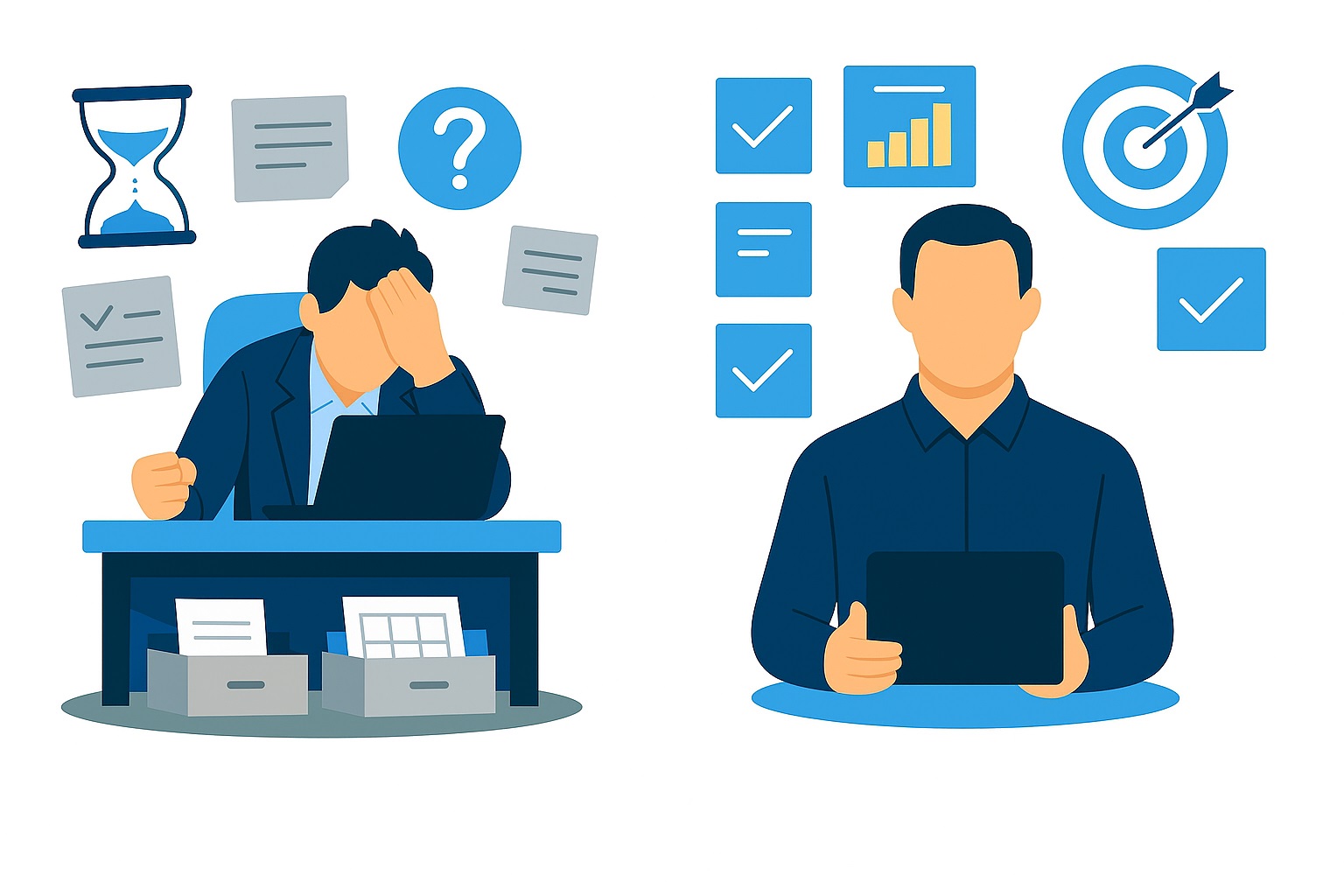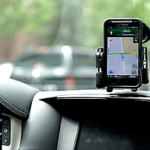Analogy: GPS or Experience-Based Routing?
Imagine two drivers: one relies entirely on GPS, while the other trusts past experience to decide which route will be faster. In modern B2B sales, we face a similar dilemma: when should we trust the data, and when should we rely on our intuition? Will data-driven decision-making eventually replace the “gut feeling” of seasoned sales veterans?
Numbers and Trends
According to McKinsey, companies that adopt data-driven sales strategies achieve 15–25% higher EBITDA growth than the market average (→ Creating and sustaining data-driven commercial growth).
At the same time, a BARC survey highlights that 58% of decisions are still based on gut feeling, while high-performing organizations deliberately integrate data into their strategies.
👉 The takeaway: where leaders have visibility and use data in a structured way, decisions become not only more accurate but also enable sustainable growth.
When Does Data Help? – Three Concrete Cases
| Use Case | What Data Helps? | Advantage |
|---|---|---|
| Lead Prioritization | CRM lead scoring algorithms – behavior, demographics, engagement | +30% higher conversion rate (→ McKinsey) |
| Pipeline Optimization | Deal stage slowdowns, average contract cycle time per stage | Identify bottlenecks, accelerate deal flow |
| Campaign Analysis | Number of meetings generated, email open/click rates | More targeted, scalable campaigns |
McKinsey, for example, measured a 30% increase in pipeline efficiency at an IT company after implementing a lead scoring solution.
Where Does Intuition Still Matter?
According to Daniel Kahneman, intuition works excellently in familiar environments where quick decisions are required – but it can also create a false sense of security if there is no sufficient accumulated experience. Or no data.
For example, when meeting a long-time client in a quick catch-up, intuition tends to lead the way – but today, it is wise to combine this with a data-based recommendation.
The Hybrid Model: The Data-Informed Approach
Best practice: sales should not be purely data-driven but data-informed.
This means that data supports the process, but decisions are ultimately shaped by experience and strategic importance.
The keys:
-
Feedback loop – evaluate your decision against data, then incorporate feedback;
-
Continuous fine-tuning – pipeline, lead scoring, campaign optimization;
-
FusionR Sales example – lead scores are generated automatically, but the reasoning is always transparent. This transparency ensures human insight is integrated.
A Practical Example: A Sales Leader’s Day
-
Morning: checks the FusionR Sales dashboard to see which leads are most promising (lead scoring).
-
Noon: gathers the team – whether decisions are based on intuition or pipeline data, the Sales App chart highlights funnel bottlenecks.
-
Afternoon: plans a campaign – data shows that only B2B influencer companies respond effectively.
-
Evening: reports back to the team on which proposals succeeded. The next day, identifies missing data points – the loop closes.
Summary
The most successful B2B salespeople rely on both data and experience.
-
Data provides direction.
-
You add strategic focus and client relationships.
⚡ FusionR Sales makes this possible: objective data + human expertise = stronger decisions.




